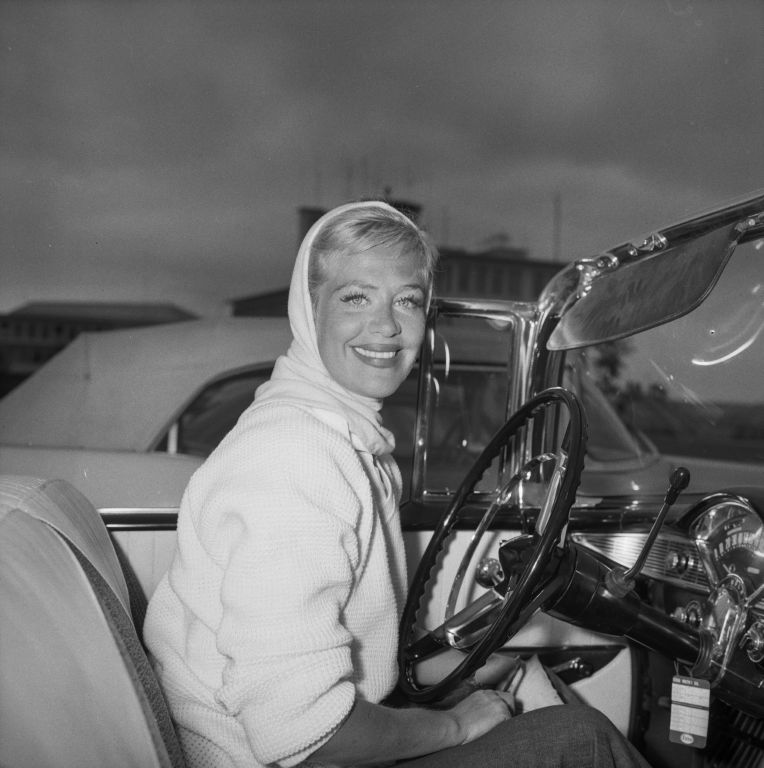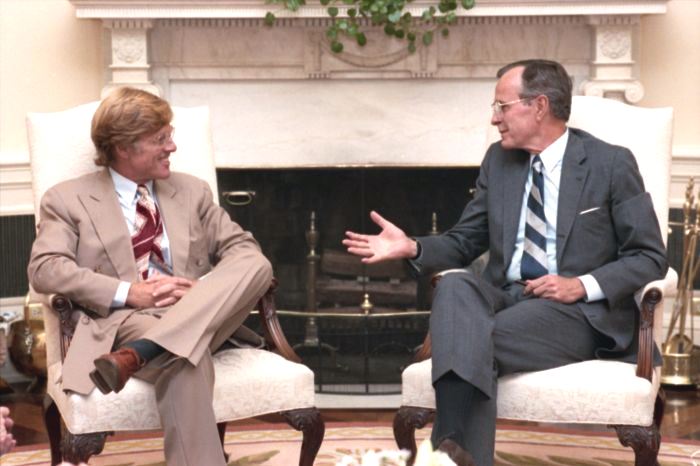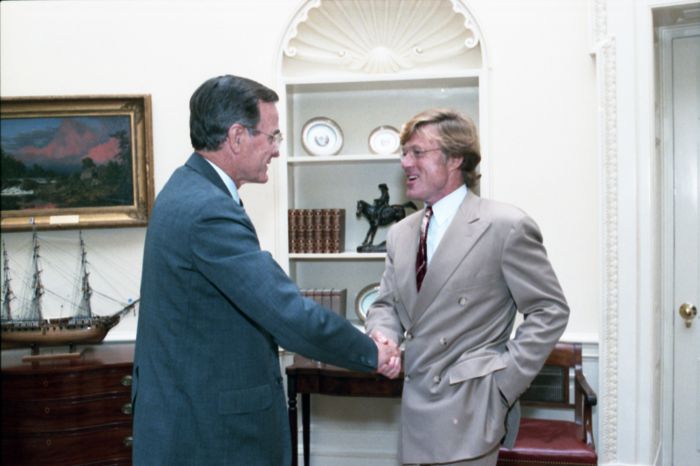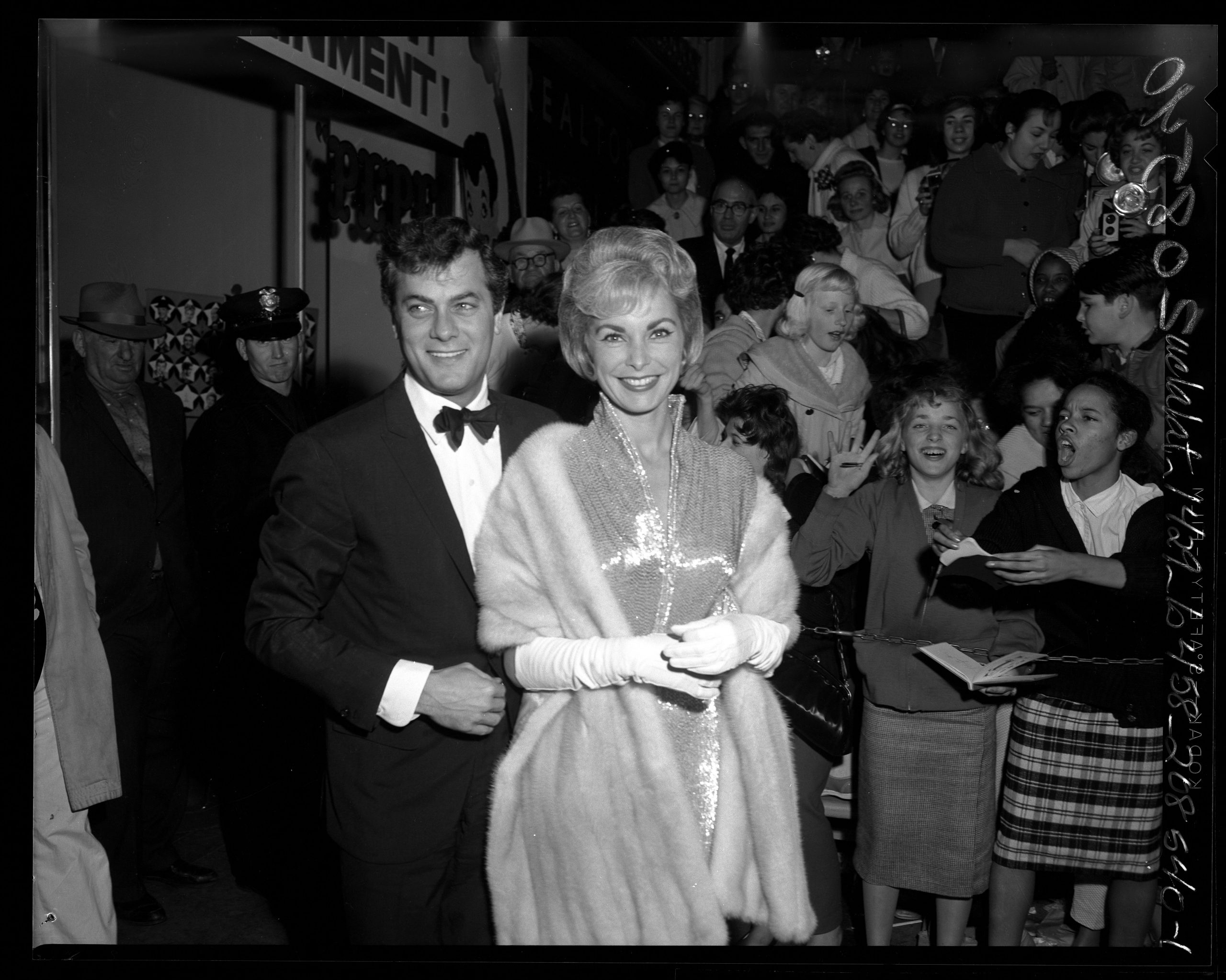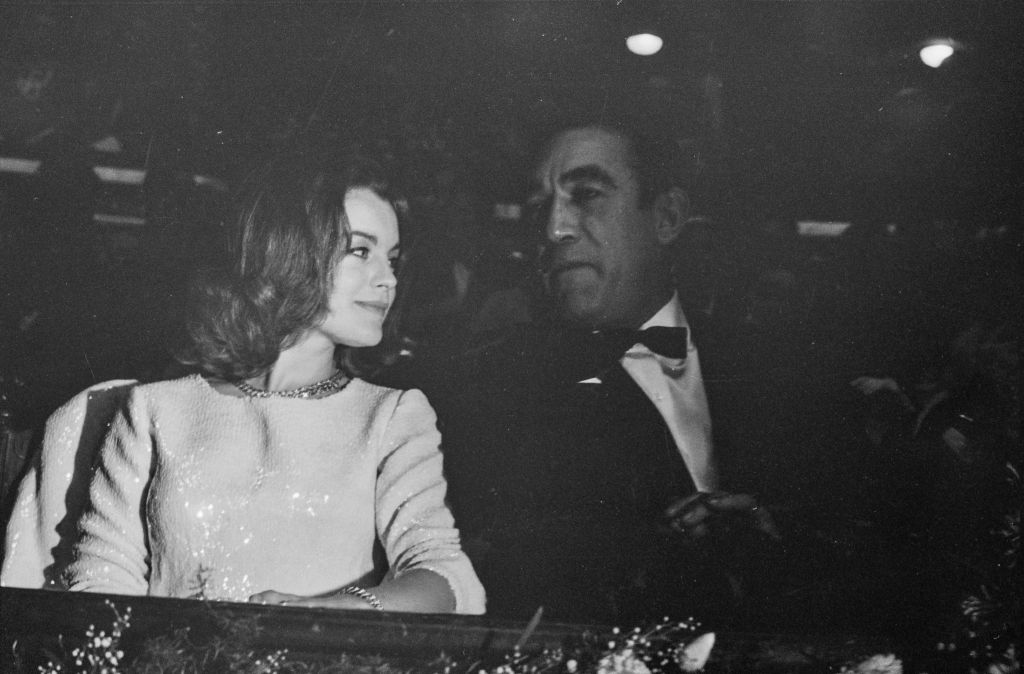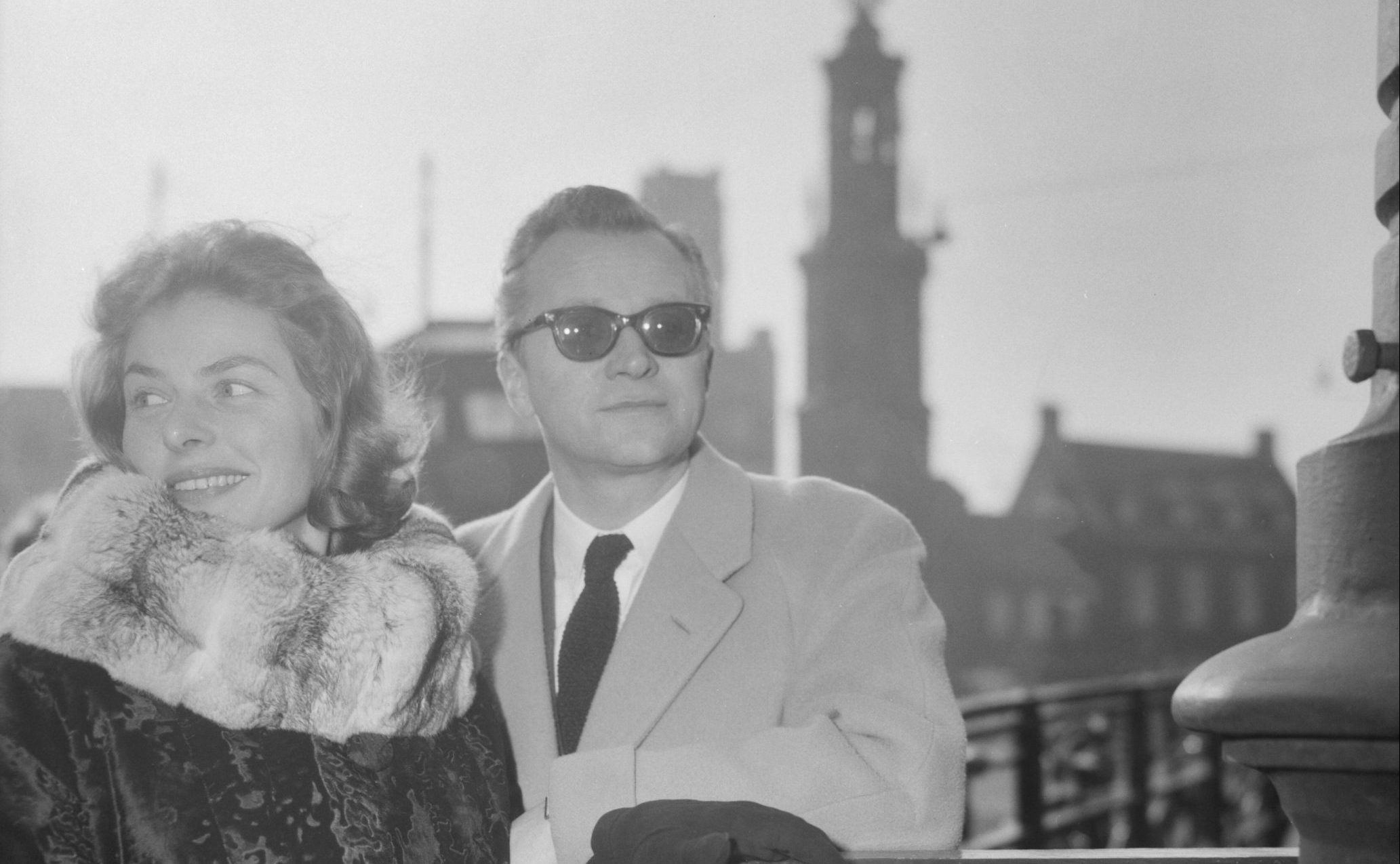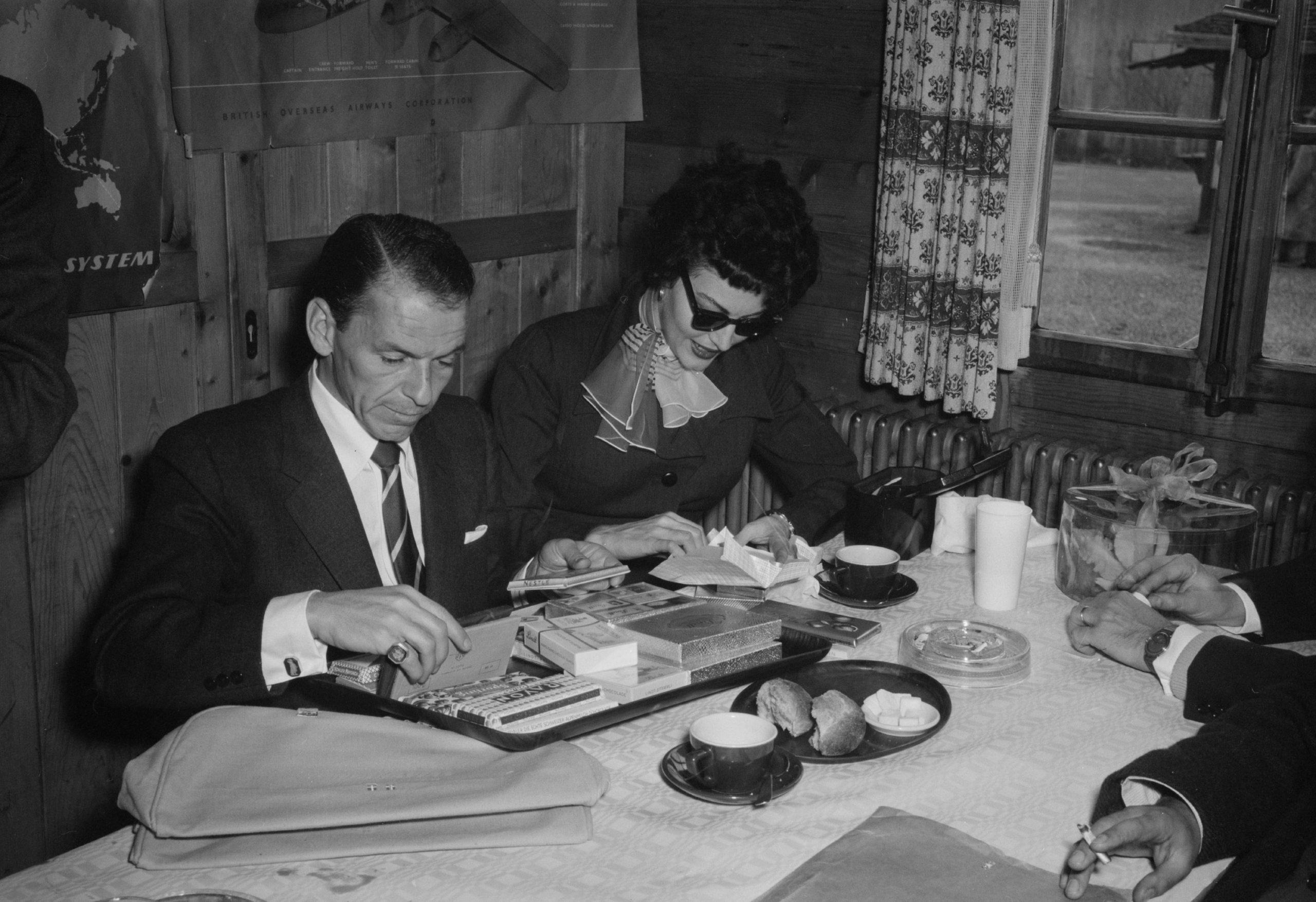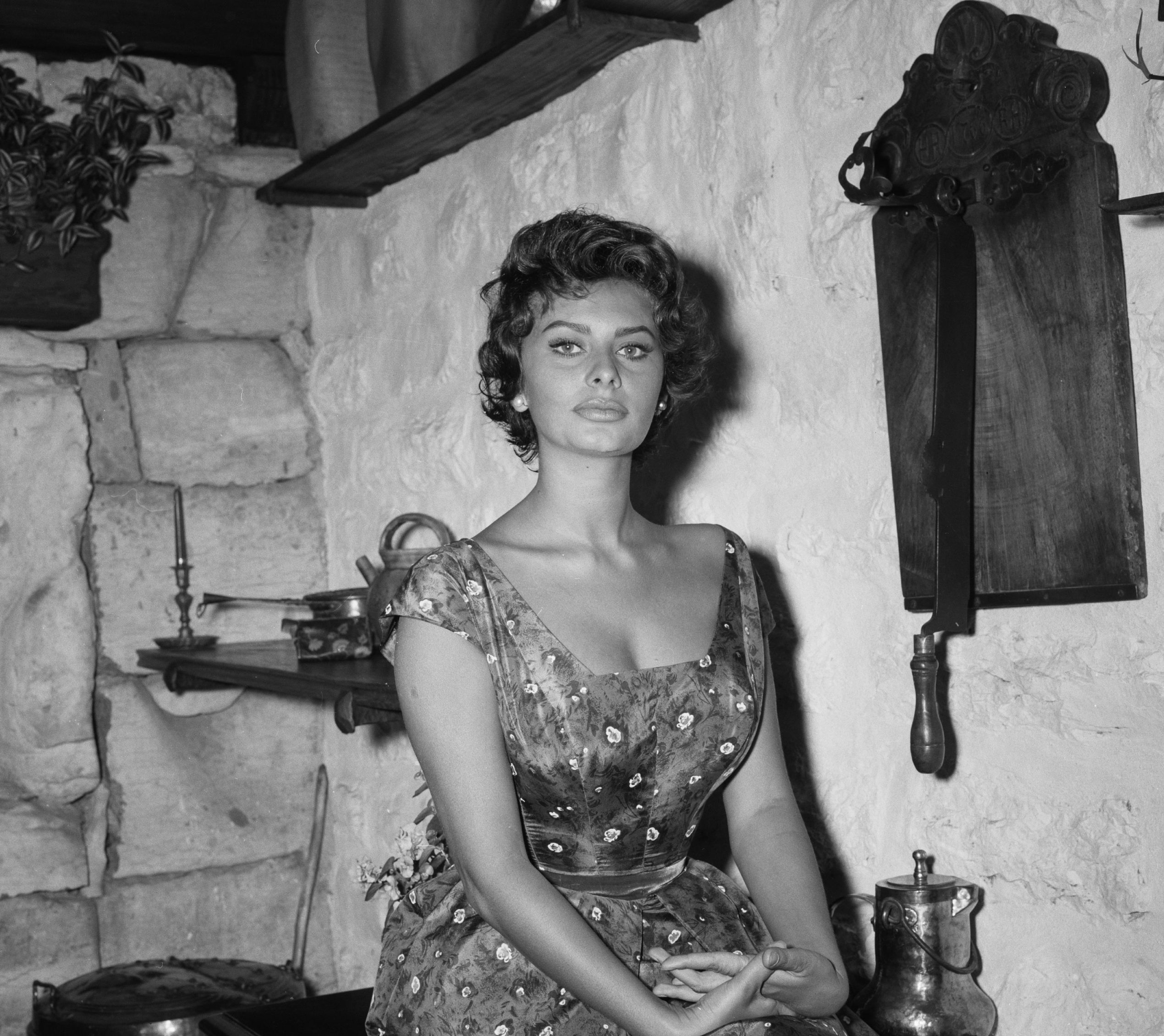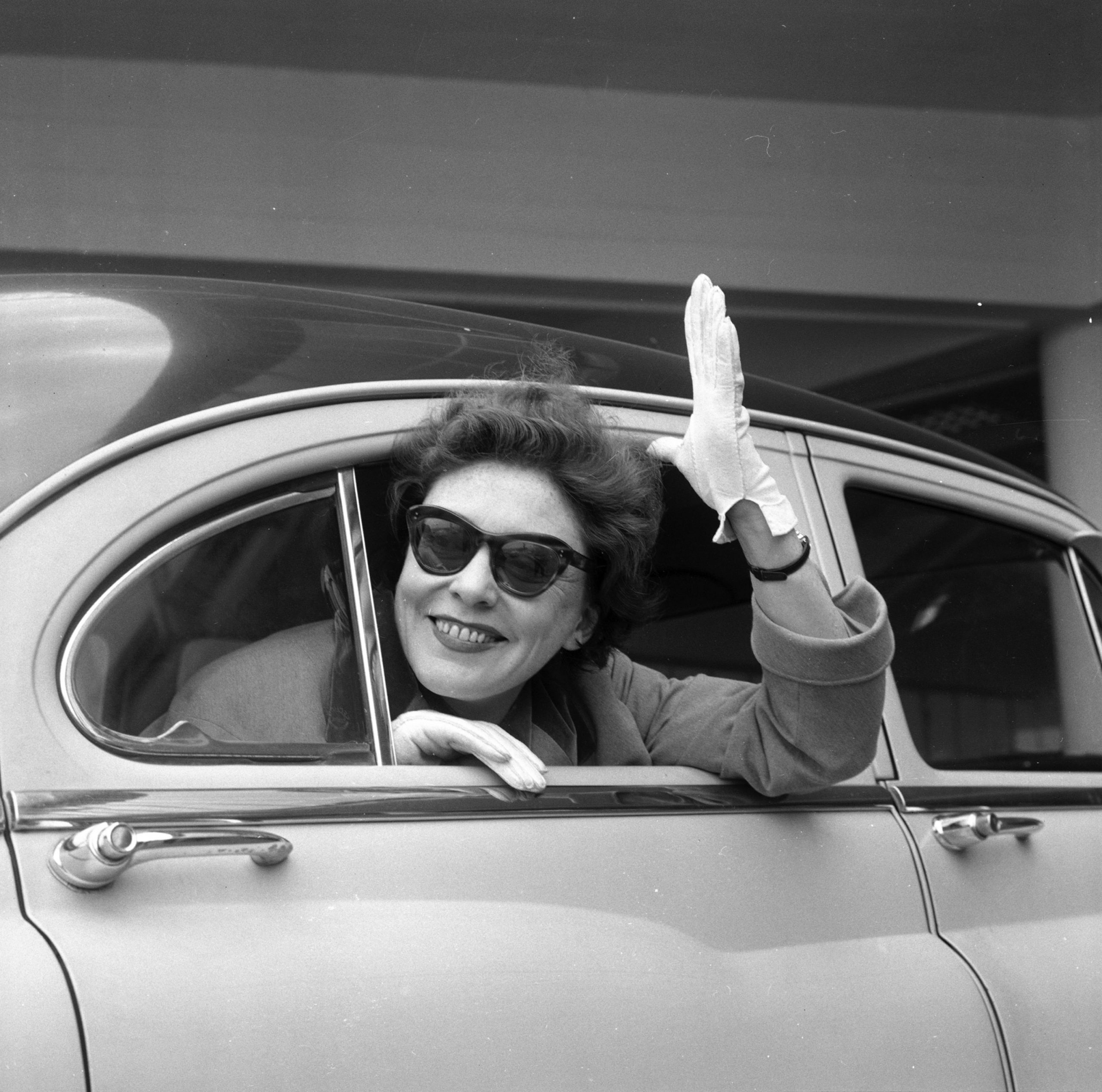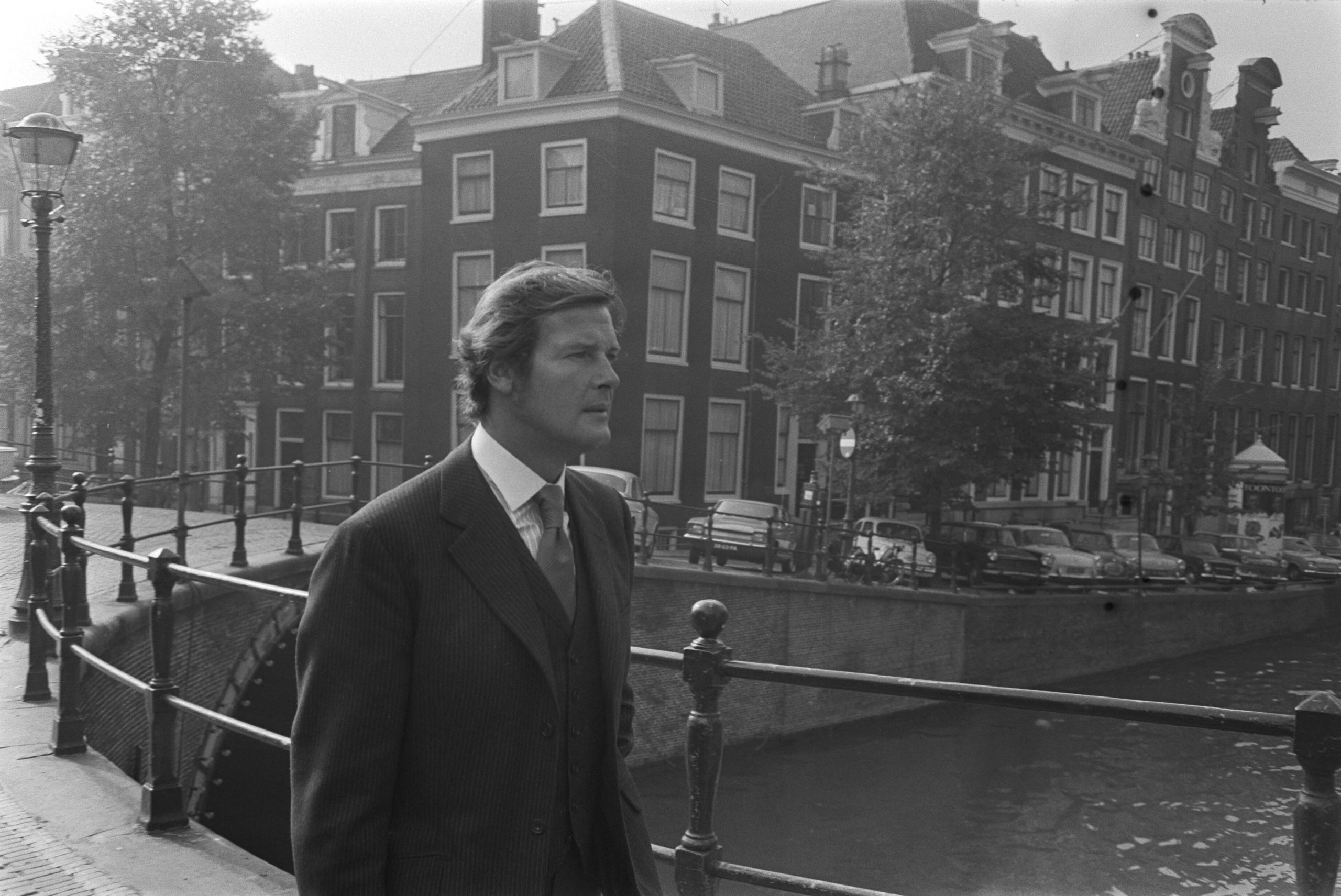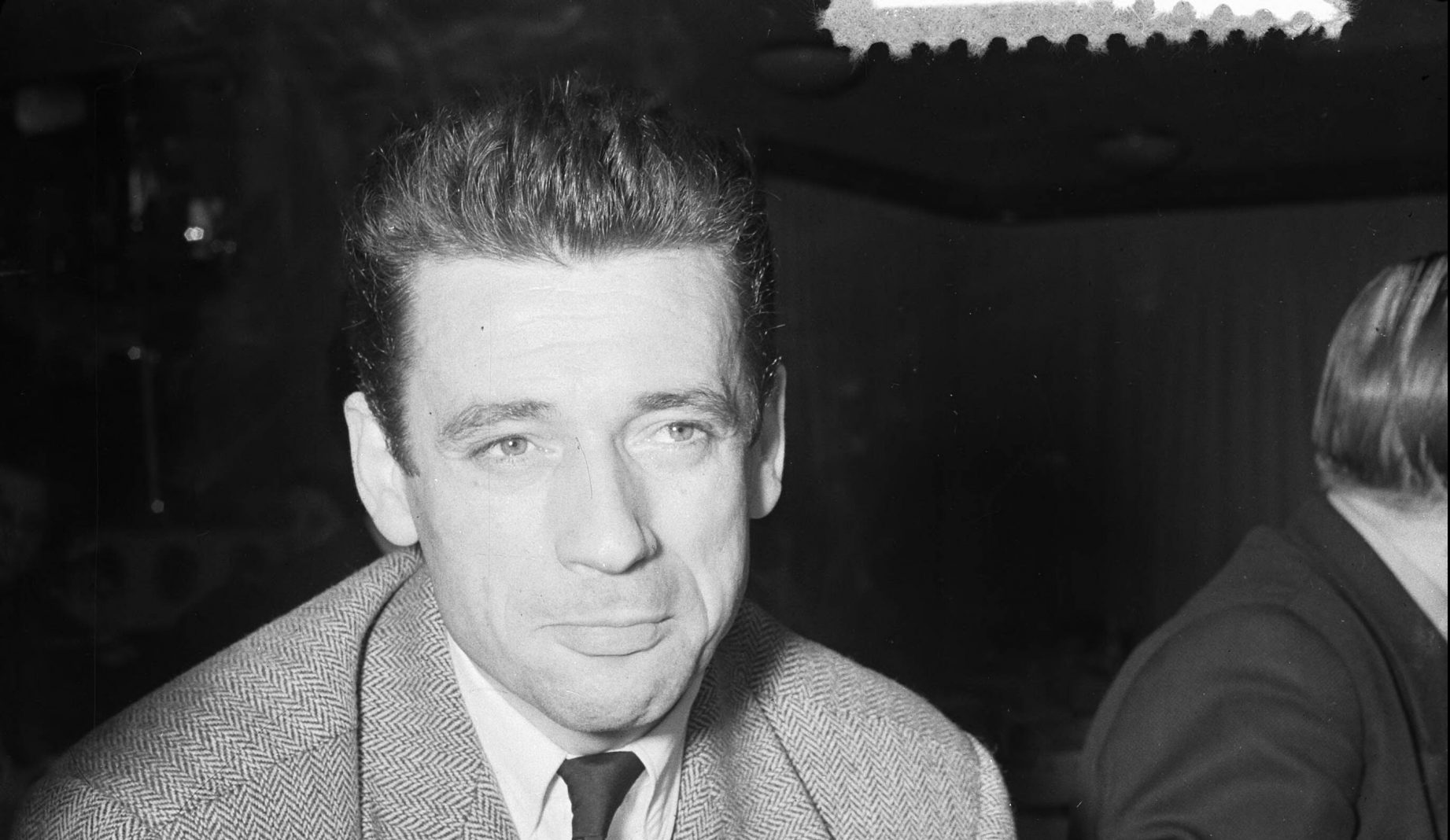Among Netflix viewers and even among critics, the political thriller series “House Of Cards“ is deemed to be one of the best Netflix productions of the past decade.
Suddenly, in November 2017, a lot of viewers of the series were shocked: The production of the sixth season was abruptly stopped due to sexual allegations against the leading actor Kevin Spacey. In the same breath, Netflix announced that the sixth season would be the final season of “House Of Cards“.
In the sixth season, one gets the impression that Frank Underwood (Kevin Spacey) is literally gotten rid of, the mystery of his death is solved in the very last scene of the series. Frank’s wife, Claire Underwood (Robin Wright) takes the part of the leading actress in the final season, which was published on November 2, 2018 on Netflix.
The allegations against Kevin Spacey
Kevin Spacey, who is also known for other film and television projects like “American Beauty“, is accused of sexually abusing the “Star Trek Discovery“ actor Anthony Rapp 30 years ago.
In the course of the “#MeToo“ movement, such allegations are anything but overheard and dominate the headlines within hours.
It’s very important to point out that, until the publication of this article, there has not been any sentencing concerning Kevin Spacey. At the moment, one can argue about whether he’s guilty or not.
The investigations concerning Kevin Spacey and the sexual allegations are still ongoing.
The reaction of Netflix
It’s the following question one might ask: Was it the right decision to end a very popular series due to unproved sexual allegations against the leading actor? Netflix’s intentions are clear: The streaming service had to separate itself from the actor as fast as possible to protect its own image. So far, Netflix’s decision is comprehensible.
But another thing is clear, too: Netflix didn’t decide on behalf of the viewers and fans of the series. Although a spokesman for Netflix said that there were no plans for a seventh season, this seems more like a needy excuse to justify the streaming service’s radical decision.
Is it possible to separate the artist and his work?
Or is it even necessary? This is not a new question, there are a lot of artists who were faced with allegations of any kind in the past. For example, Charles Dickens made his wife responsible for giving birth to ten children and he wanted to declare her as insane for this. Books were written about Richard Wagners’ antisemitism. The writer Oscar Wilde was convicted to a prison sentence due to his sexual relationships with men. If one had burnt his books back then, it wouldn’t be possible to read “The Picture of Dorian Gray“ today.
More current personalities in the list of artists who are confronted with allegations are Michael Jackson, Dustin Hoffman, Morgan Freeman and Plácido Domingo.
It seems, the longer the artists in question are dead, the more it is possible to put things into perspective.
When reading Dickens’ „Oliver Twist“, is there anyone still today who thinks of the suffering of his family? Who is boycotting a performance of “Tristan and Isolde“ because Wagner was an anti-Semite? | Read about Movie & TV.

 Deutsch
Deutsch
